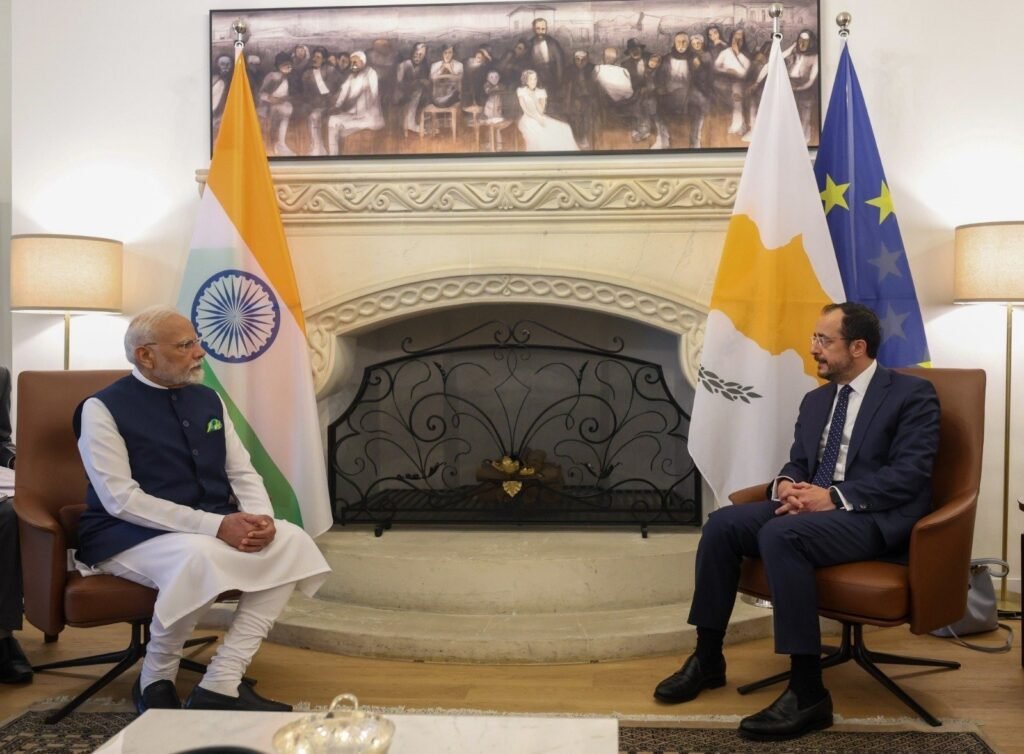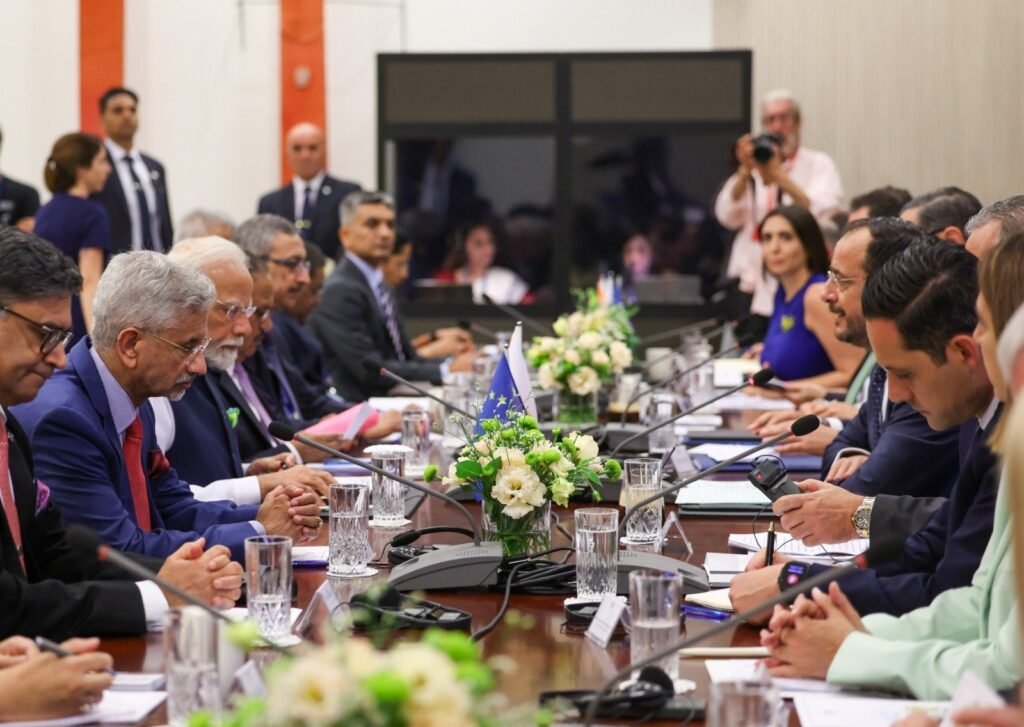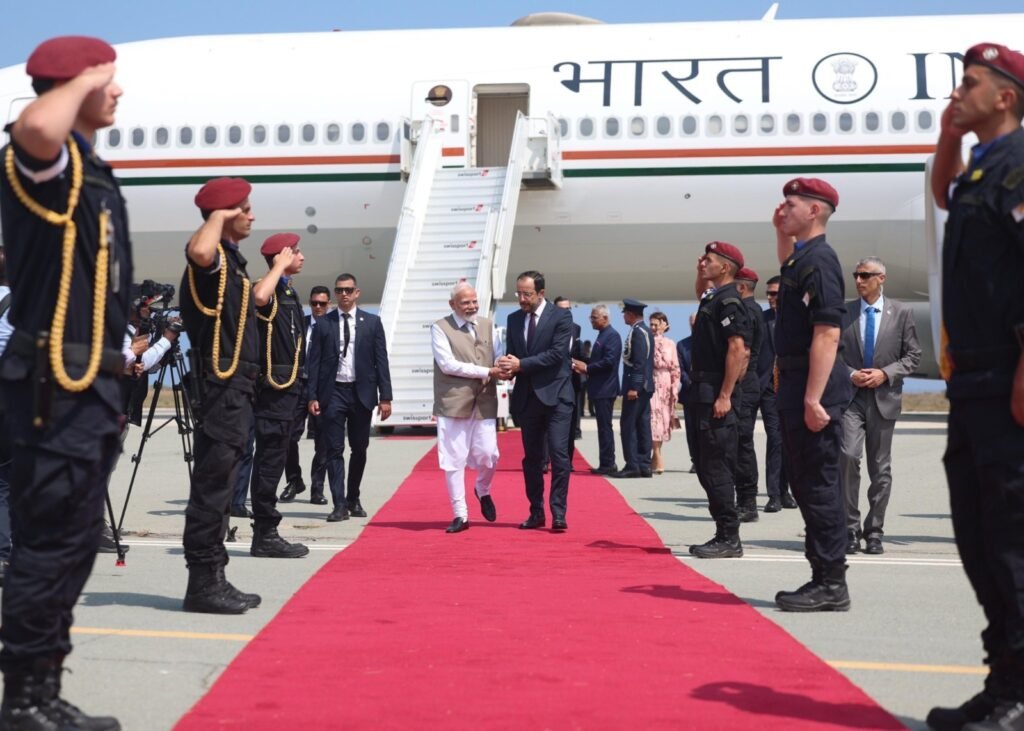Prime Minister Narendra Modi’s invitation to attend the 2025 G7 Summit in Canada is a momentous development in global diplomacy, with implications far beyond a single event. It marks not only a recognition of India’s growing influence on the world stage but also signals a subtle shift in how the West is reimagining its partnerships in an increasingly multipolar world.

The G7, the world’s leading economies, has operated historically as a tight-knit fraternity addressing global issues — from climate change to economic stability. But with changing global dynamics and the emergence of new powers, the G7 has gradually begun inviting important non-member nations for strategic conversation. The world’s most populous country, India, which is a rapidly growing economy, is at the forefront of this outreach.
What makes this year’s invite particularly significant is its timing and context. India-Canada relations have been strained since 2023, when Canadian Prime Minister Justin Trudeau publicly accused Indian operatives of involvement in the killing of Khalistani separatist Hardeep Singh Nijjar on Canadian soil. The fallout led to a diplomatic standoff, mutual recriminations, and a freeze in bilateral ties. Against this backdrop, Modi’s invitation could be a crucial opportunity to reset relations, even if cautiously.

The invitation falls under the leadership of Canadian Prime Minister Mark Carney, who seems to be adopting a more pragmatic foreign policy stance. By inviting Modi, Canada is not merely recognizing the strategic position of India in the international discourse around issues such as critical minerals, energy security, and AI regulation, but also displaying preparedness to do things differently diplomatically. The message is one: regardless of domestic compulsions, international cooperation must take priority.
For India, the G7 invite reinforces its role as a bridge between the Global South and the West. As countries grapple with conflicts, inflation, and supply chain vulnerabilities, India offers a compelling mix of democratic governance, economic opportunity, and strategic independence. Modi’s participation allows India to further position itself as a key stakeholder in global decision-making, particularly at a time when trust in China continues to decline among Western capitals.

Nevertheless, the move has not been without its critics. In Canada, human rights organizations and parts of the Sikh diaspora community have condemned the invitation as a compromising of justice in the Nijjar affair. Carney, however, has justified the move by highlighting the value of maintaining geopolitical conduits open while giving legal proceedings their course.
In reality, this G7 invitation is far more than a piece of diplomatic protocol — it is a strategic move on the part of the West to draw India closer into its orbit while navigating internal political imperatives. Whether it succeeds in lasting rapprochement between India and Canada is uncertain, but at least for now, it’s a pretty good reminder that in diplomacy, pragmatism tends to take precedence over politics.


